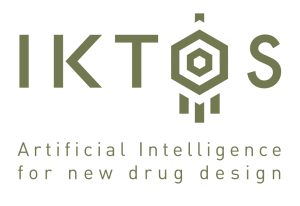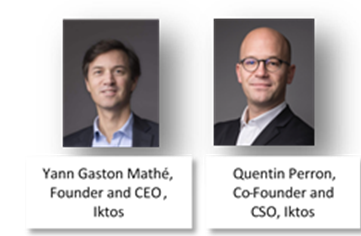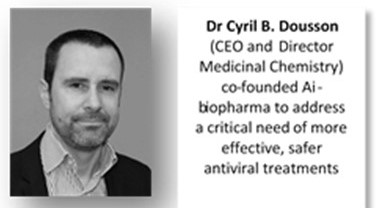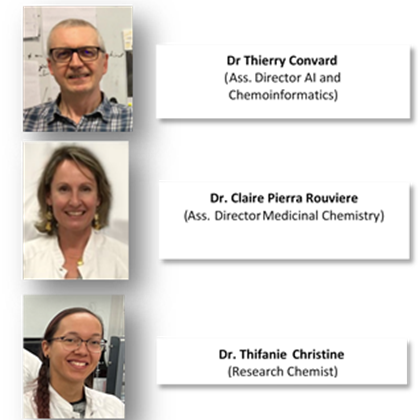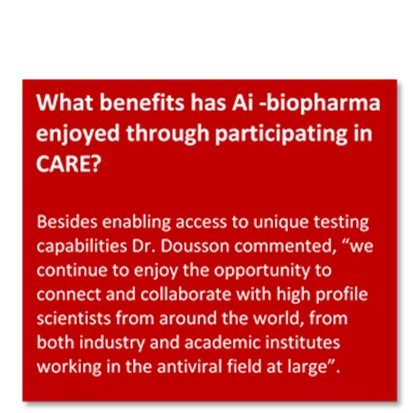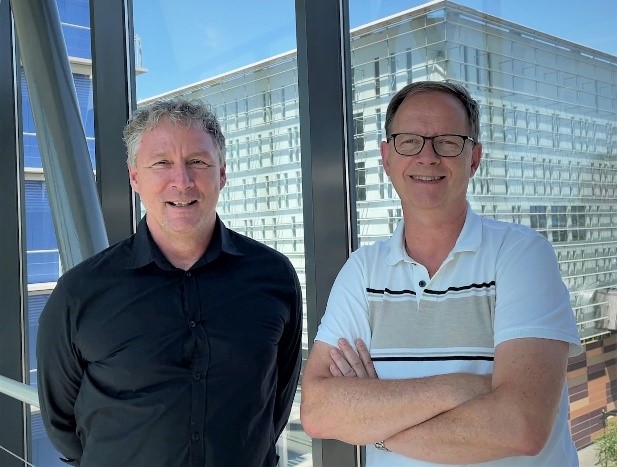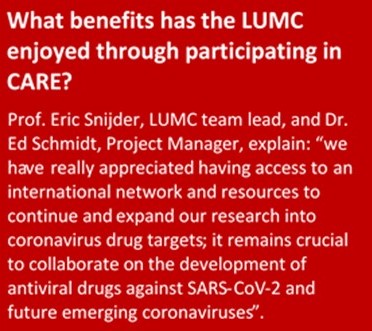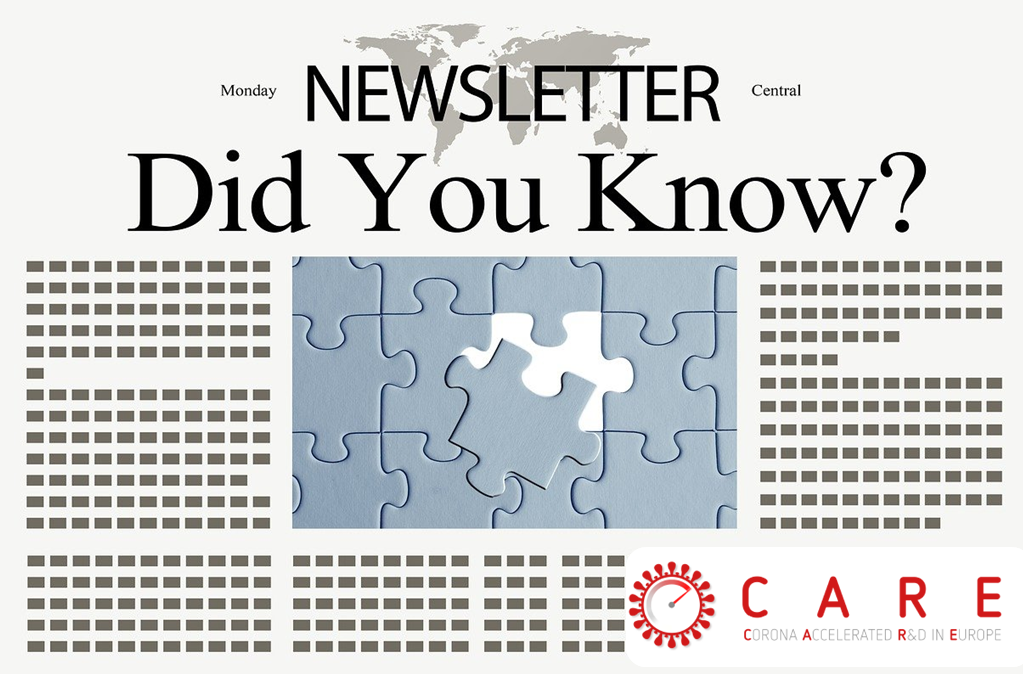Why did Iktos choose to get involved in CARE?
Iktos joined the CARE consortium in 2022 because it was a great opportunity to firstly be able to contribute to the research and development of effective therapies for Covid-19 patients, and secondly, to become part of a consortium of great companies and organizations known for their excellence in drug discovery and to collaborate with all of them.
What has Iktos delivered for CARE?
Iktos’ CARE objective was to discover potent SARS-CoV-2 antivirals through target-based and phenotypic-based drug discovery approaches, within the scope of Work Package 3. Iktos successfully employed a target-based approach, harnessing their Structure-Based AI technology, to design diverse and novel chemical structures. Iktos’s AI platform generated approximately 142 compounds with excellent synthetic accessibility. They further optimized the synthetic accessibility to expedite Drug Metabolism and Toxicology Assessment (DMTA) cycles, leading to the discovery of a compound with a remarkable pIC50 value of 5.47. In addition, through a phenotypic approach, they set target parameters and rewards for their AI-driven generation, enabling the proposal of novel scaffolds and the exploration of a broader chemical space. Iktos’s AI retrosynthesis tool ensured the security of synthetic accessibility, thus contributing to efficient DMTA cycles.
For more information about the different work packages, please click here
What benefits has Iktos enjoyed through participating in CARE?
Iktos experienced valuable interactions with pharma, mid-pharma and biotech collaborators, along with cutting-edge science to identify promising drug candidates.
In addition to Yann and Quentin, the Iktos team in WP3 includes

